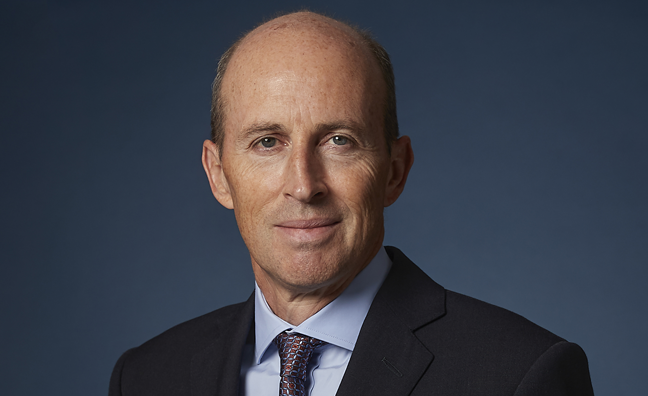Key figures from the world of neighbouring rights have spoken to Music Week about Covid-19's impact on the sector.
Despite the coronavirus crisis wreaking havoc on many strands of the music industry, Sony/ATV Neighbouring Rights VP Naomi Asher said the NR market had been relatively unaffected so far.
“The only immediate change is that artists are on their email more and, consequently, more responsive. NR doesn’t receive money from the live sector, so the decrease in income there won’t affect us," said Asher. "In addition, any increase in streaming also won’t hugely affect us as streaming doesn’t pay in most countries. And where it does, that’s only recently been the result of lawsuits such as in Spain.
“However, we don’t know what the public performance revenue repercussions will be and that is where we will be affected. This will vary by territory.”
The lockdown and subsequent social distancing measures are impacting the use of recorded music in public, which will have a knock-on effect on our collections
Peter Leathem, PPL
Speaking in Music Week's recent special report into the NR sector, Media IP Rights co-founder and MD Steve Daniel warns the consequences might not become clear until 2021.
“The problem will lie next year when distributions may fall due to the lack of licensing income being paid around the world from retail, hospitality outlets and venues due to Covid-19 shutdown,” said Daniel. “We don’t even know as yet what the true outcome is for these outlets – many may not reopen.”
PPL CEO Peter Leathem said: "The lockdown and subsequent social distancing measures are impacting the use of recorded music in public, which will have a knock-on effect on our collections. Similar measures in other countries will likely impact our international collections into 2021. Additionally PPL’s broadcast revenues are, in part, influenced by commercial radio advertising revenues.
"There have been reports of a decrease in advertising spend across various media, so PPL is monitoring the situation to understand how this may impact broadcast collections. In general, a tougher economic climate may also make licensees reassess their operations, with music potentially being seen as lower priority in terms of cost."
The NR sector has become an increasingly valuable revenue stream for the business, its value ballooning from $1.4 billion (£1.1bn) at the start of the 2010s to $2.6bn (£2.1bn) last year, according to the IFPI.
“It’s a sector that has seen consistent year-on-year growth globally but the pandemic, as with many other areas of the industry, will impact this over the coming years as everyone tries to recover,” said Sam Heerey, head of neighbouring rights at Double Six Rights Management, which forms part of Domino Music Group.
“The impact has not really hit us yet. Timelines in this sector are quite long. Most current payments are for usage periods from 2019 and before and so payments for usage during 2020 and beyond will not flow through until the society distribution cycles take place in months to come.
“It will probably not be for another 24 months before the full effect of the crisis is known as different countries are taking different measures so timings and effects will be very different country by country. Public performance revenues will be hit the most severely and it will probably be many months after measures are lifted before footfall and revenues return to pre-crisis levels.”
Tony Rakaupai, head of client and society relations at Lime Blue Music, said: "If anything our agency has increased business due to the extra time managers, lawyers, performers and labels now have to look into their neighbouring rights solutions. They’ve not only been able to make sure collections are set-up, but to check if their collection solutions have been set-up correctly.
"On the revenues front, a lot of these societies have worked night and day to help any musician or label obtain some sort of revenue source. We’ve received donations, advances, early distributions, and grants for our performers and rightsholders from most of the collection societies that we work with. It’s been great to see the music industry come together to help those affected most by the lack of touring capabilities."












